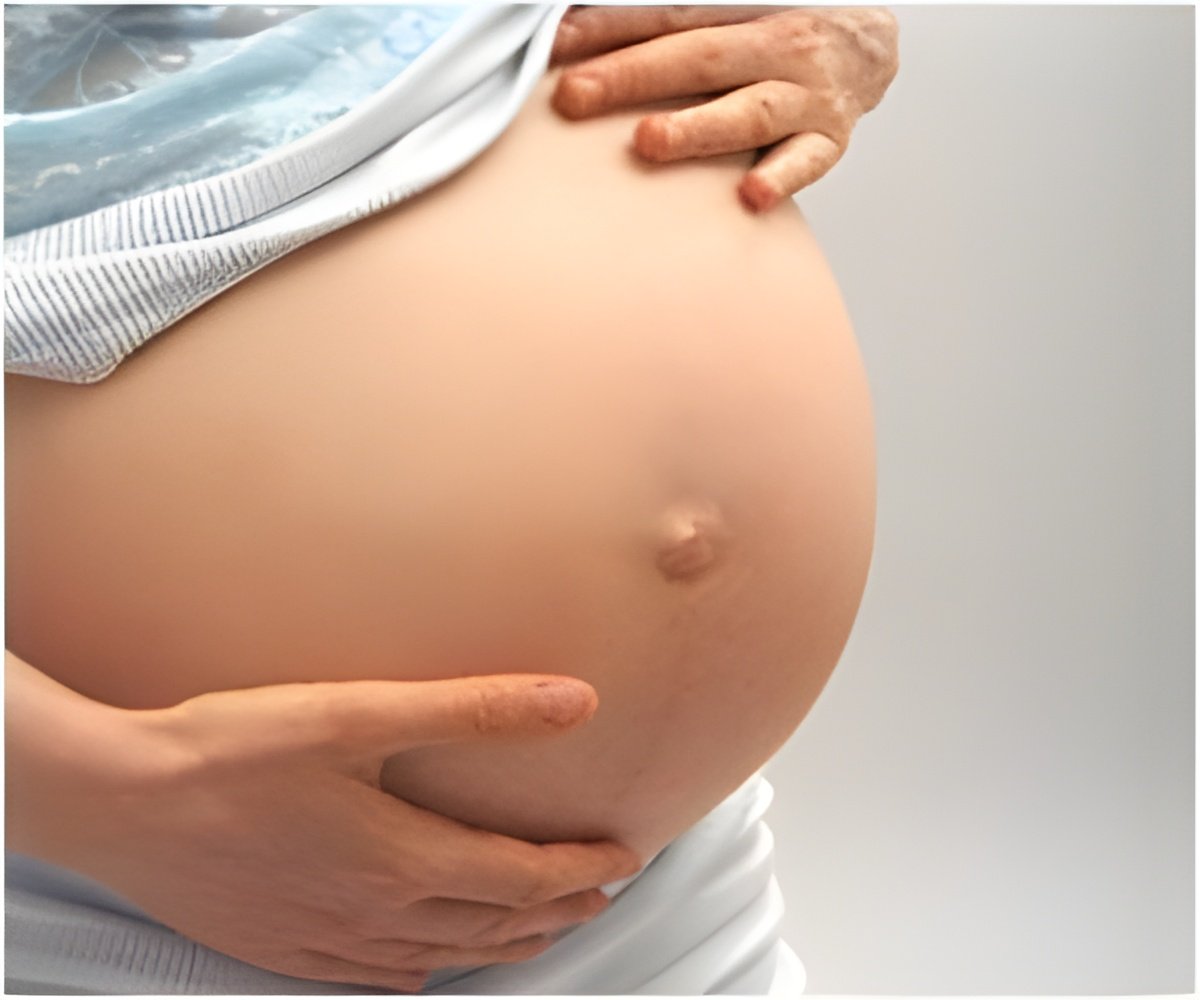Pregnant women's exposure to environmental contaminants in northeastern British Columbia is higher compared to women living in other areas, finds a new study.

TOP INSIGHT
Hydraulic fracturing can release contaminants, including trace metals, many of which are known developmental toxicants. Exposure of pregnant women to these trace metals may have adverse effects on their children's health.
"In addition, recent studies analyzing wastewater from fracking generally have shown higher concentrations of the same metals."
"It's impossible to say with certainty whether fracking caused the women's exposure to these metals," she added, "but our study does provide further evidence that this could be the case."
Community-initiated studies
Initially requested by people living near the natural-gas production areas, the study was jointly launched by UdeM researchers and the region's First Nations and public-health authorities. These communities wanted clear answers about how living near natural-gas developments was affecting their health.
The researchers found that concentrations of manganese in the women's urine were ten times higher than in the reference populations. As well, the women's hair had greater concentrations of aluminum (16 times higher), barium (three times higher) and strontium (six times higher) than in the reference populations in France. Furthermore, barium and strontium concentrations were higher in hair samples from indigenous participants than in those from non-indigenous participants.
At this stage of their investigations, researchers cannot comment on the presence or absence of a risk to human health. Many essential data for this type of toxicological evaluation are still lacking, including epidemiological studies assessing the association between exposure of pregnant women to these trace metals and the adverse effects on children's health: "We are aware that people would like to have answers right away, but we are only at the beginning of a long process of scientific inquiry," said Caron-Beaudoin. "Other studies are already underway or being planned to clarify this legitimate issue."
Pending questions
Data on water quality in the study areas' Peace River Valley remains scarce, and the data that has been collected to date is highly variable. In addition, there's no systematic water-monitoring program in the region.
A previous study on exposure to volatile organic compounds such as benzene in the same group of pregnant women was published in 2018 in Environment International. Its findings suggested benzene exposure is also potentially higher among study participants, especially indigenous women than in the general Canadian population.
To learn more, Caron-Beaudoin has returned to the Peace River Valley to recruit a second group of pregnant women so the researchers can measure their exposure to different contaminants. She and her team will also measure concentrations of these contaminants in water and indoor air. In addition, years as part of an epidemiological study, they are assessing the overall health of babies born in the region over the last ten years.
About this study
"Urinary and hair concentrations of trace metals in pregnant women from Northeastern British Columbia, Canada: a pilot study," by Élyse Caron-Beaudoin et al., was published in the online version of the Journal of Exposure Science & Environmental Epidemiology in May 2019. The study was funded by a grant from the Université de Montréal Public Health Research Institute, by the West Moberly First Nations, and by research subsidies from the Fonds de Recherche Santé - Québec (FRQS) and the Canadian Institutes of Health Research.
Source-Eurekalert
 MEDINDIA
MEDINDIA




 Email
Email










